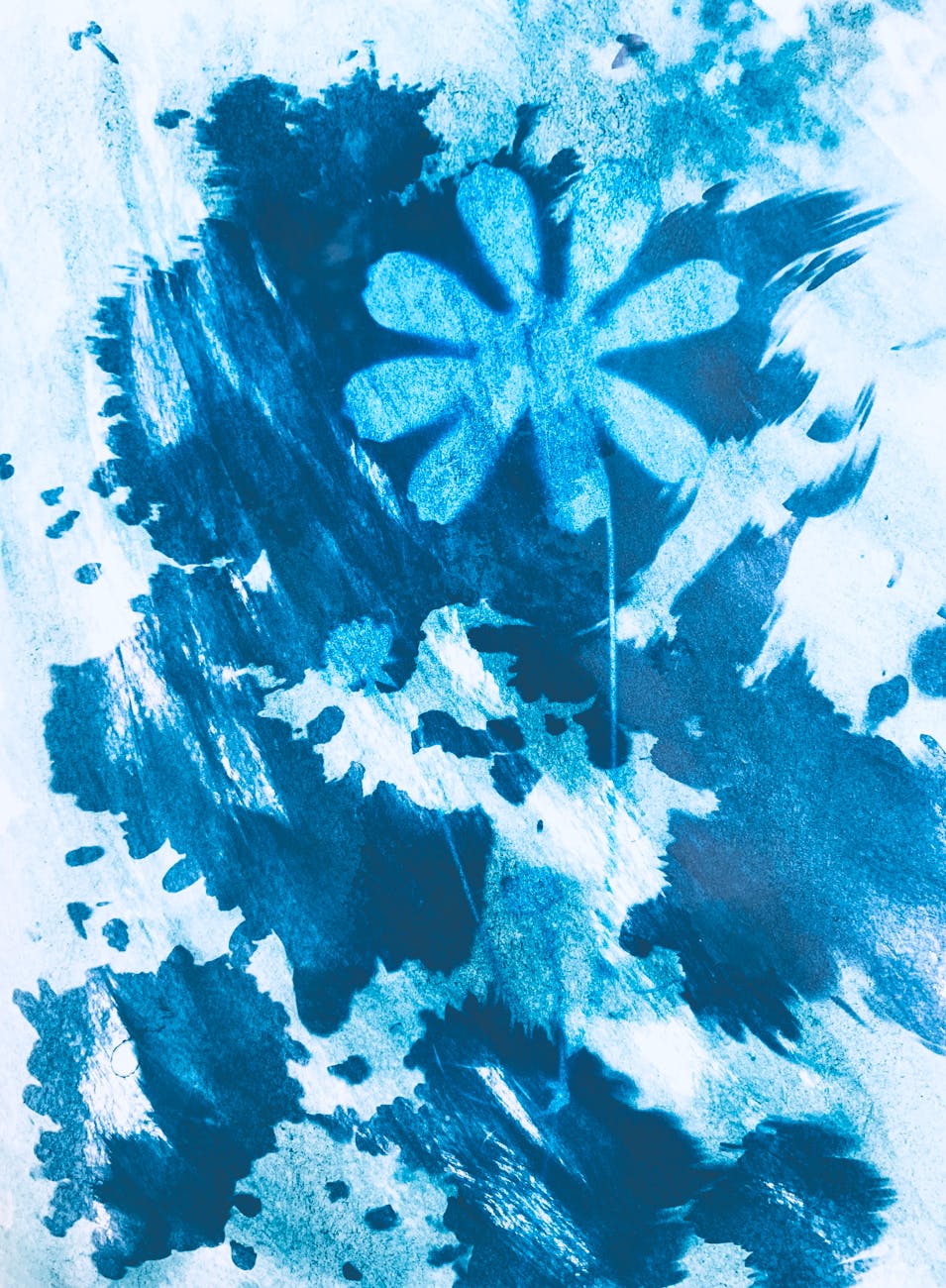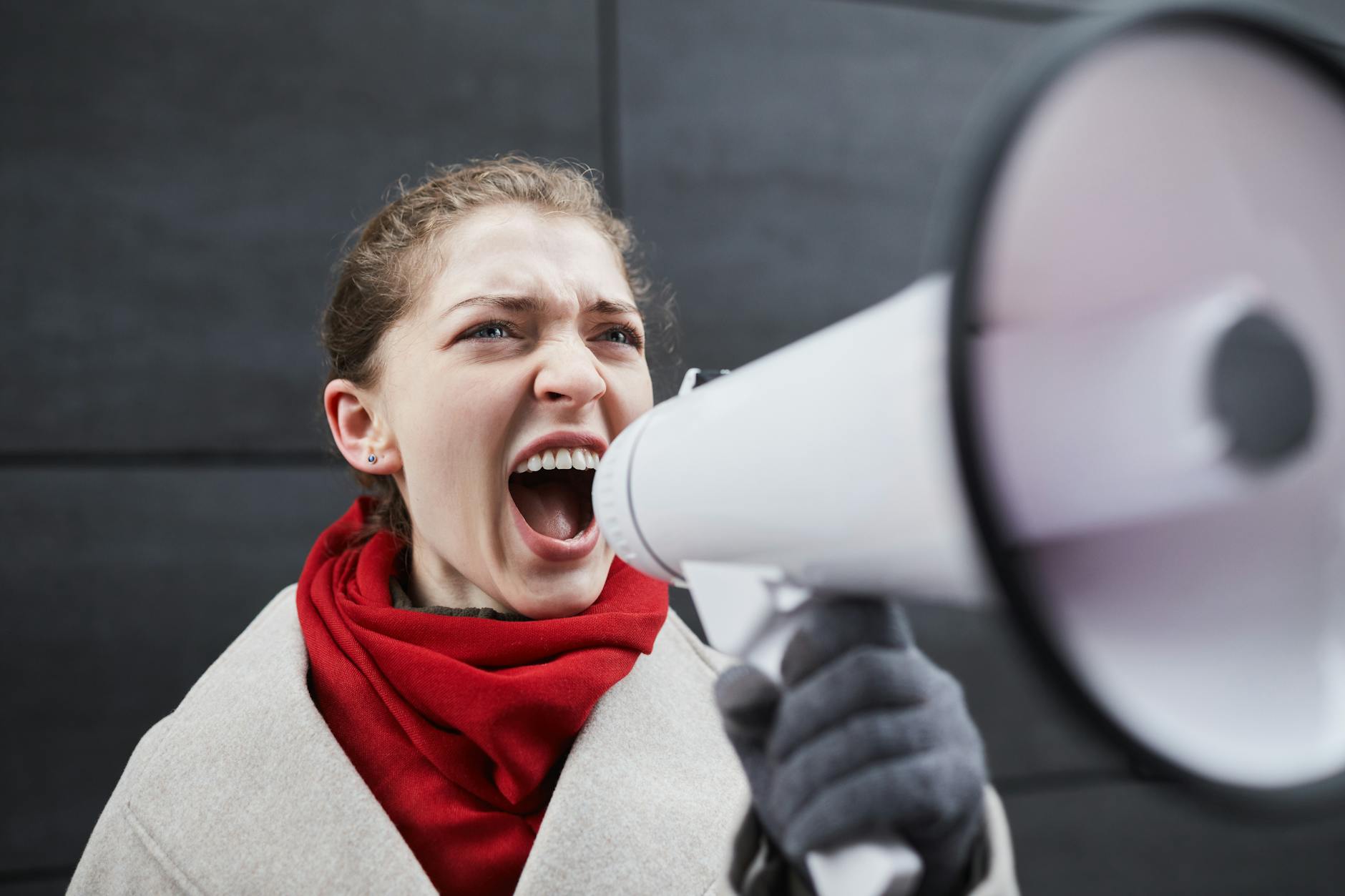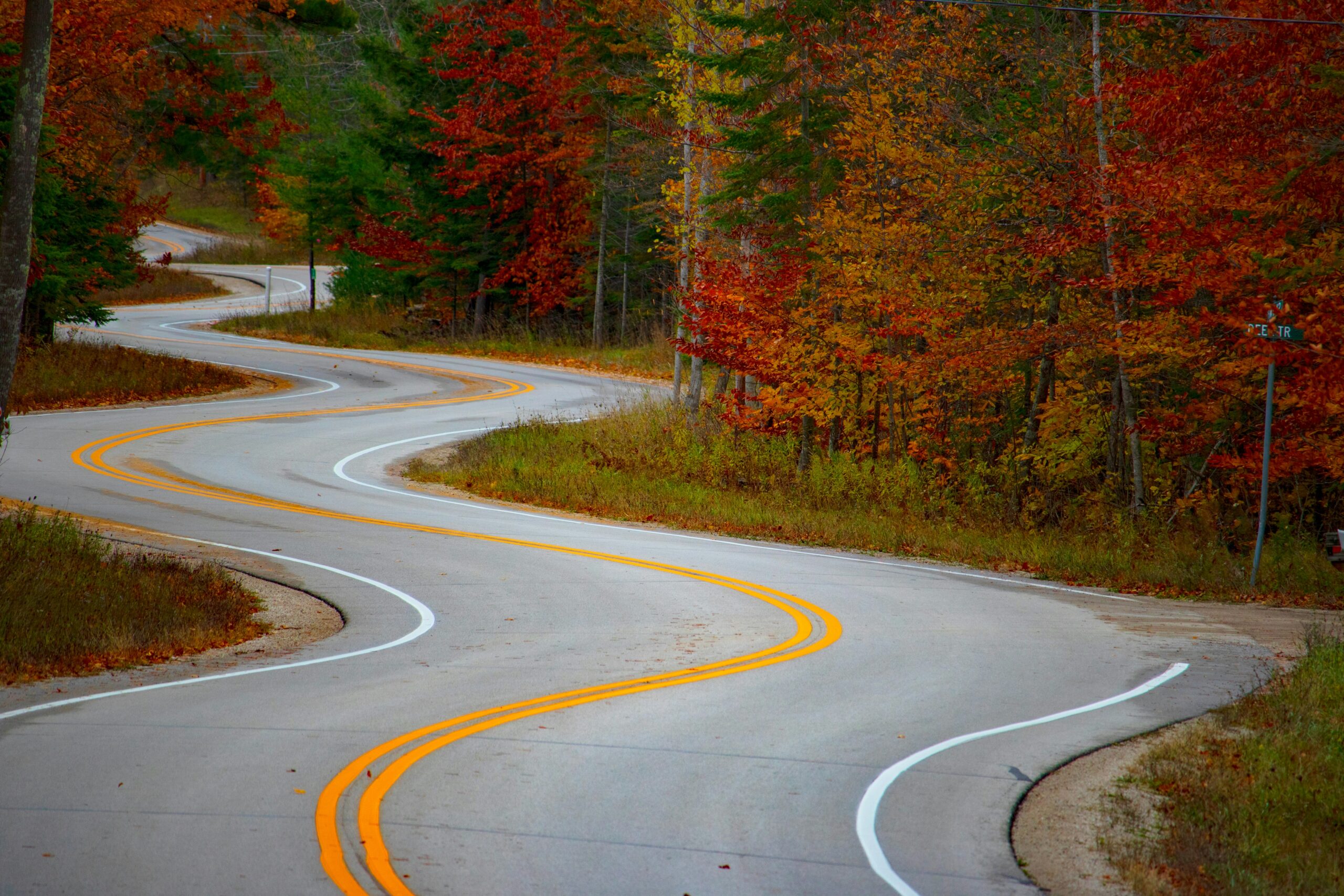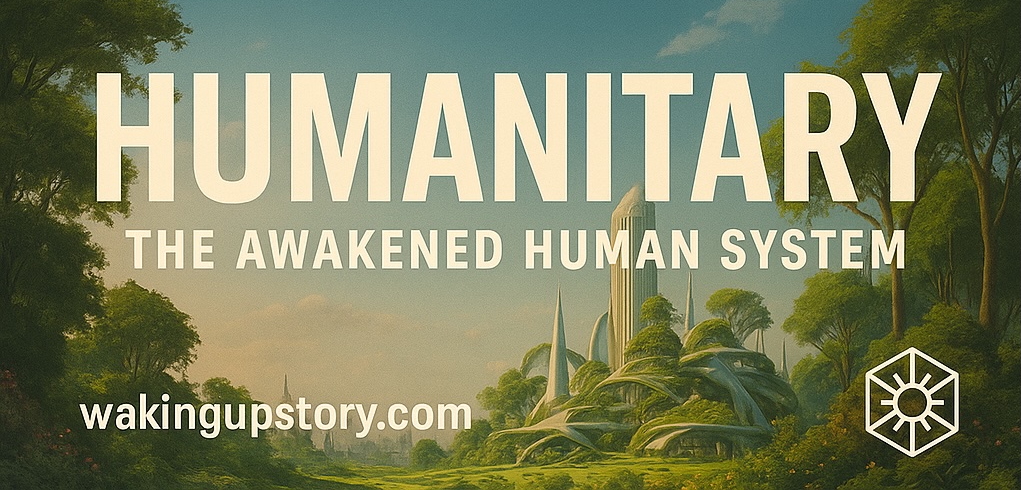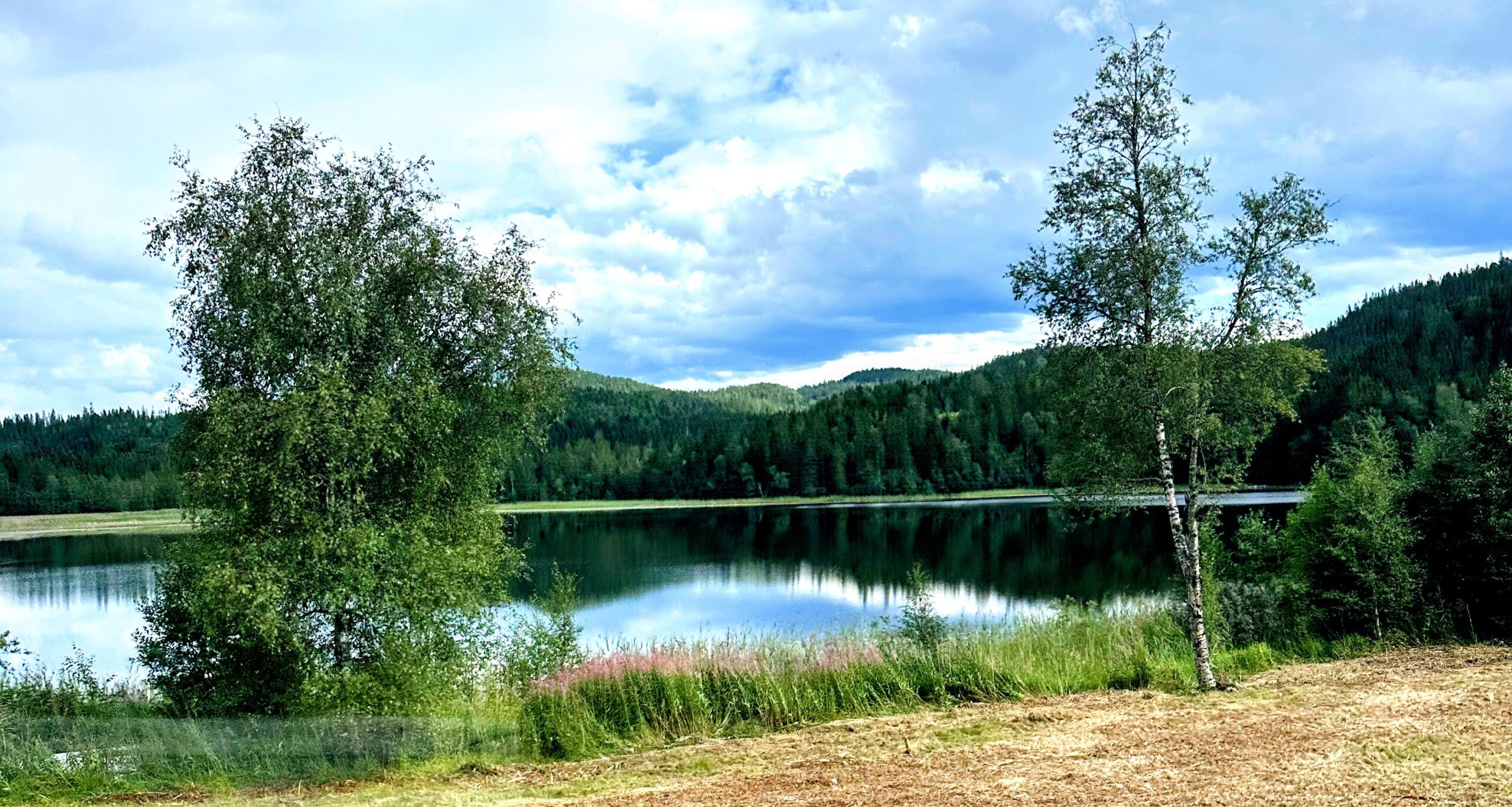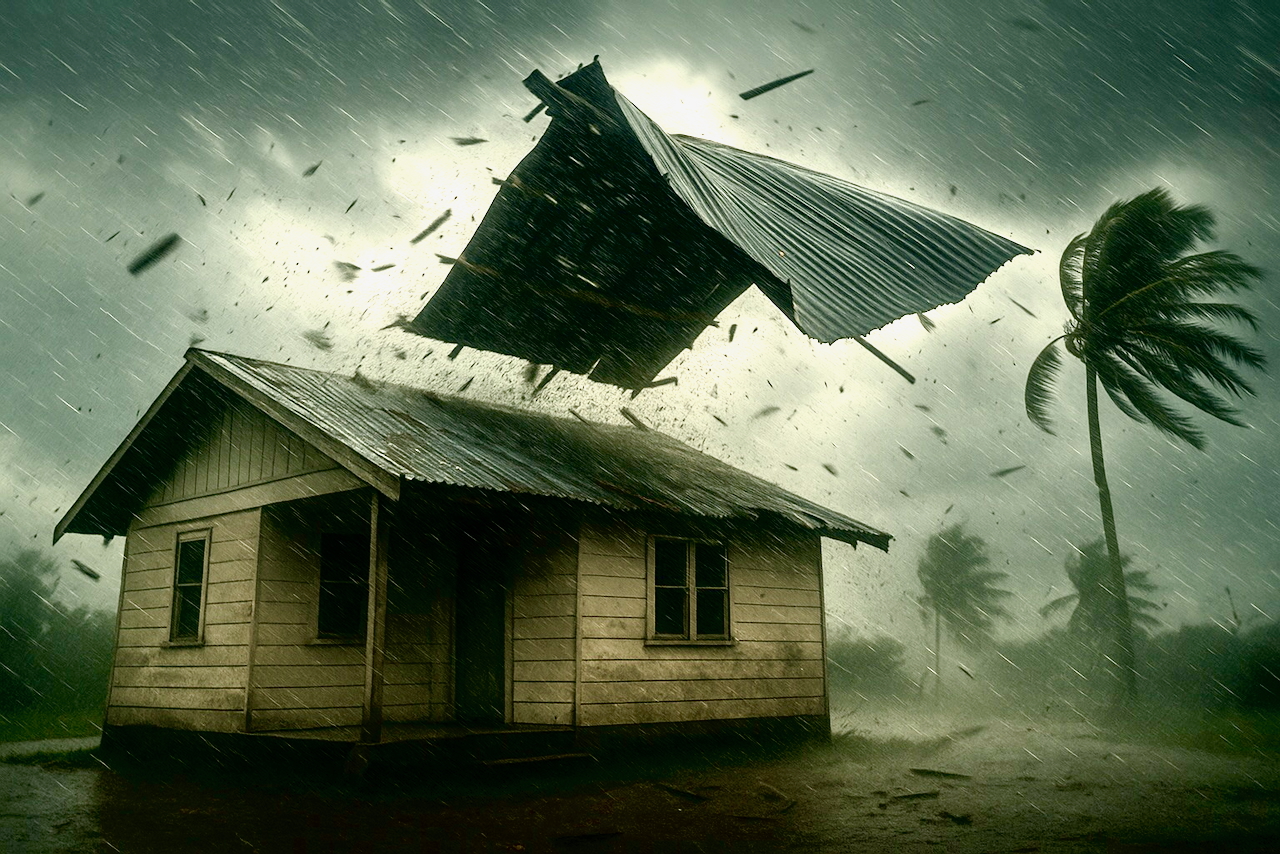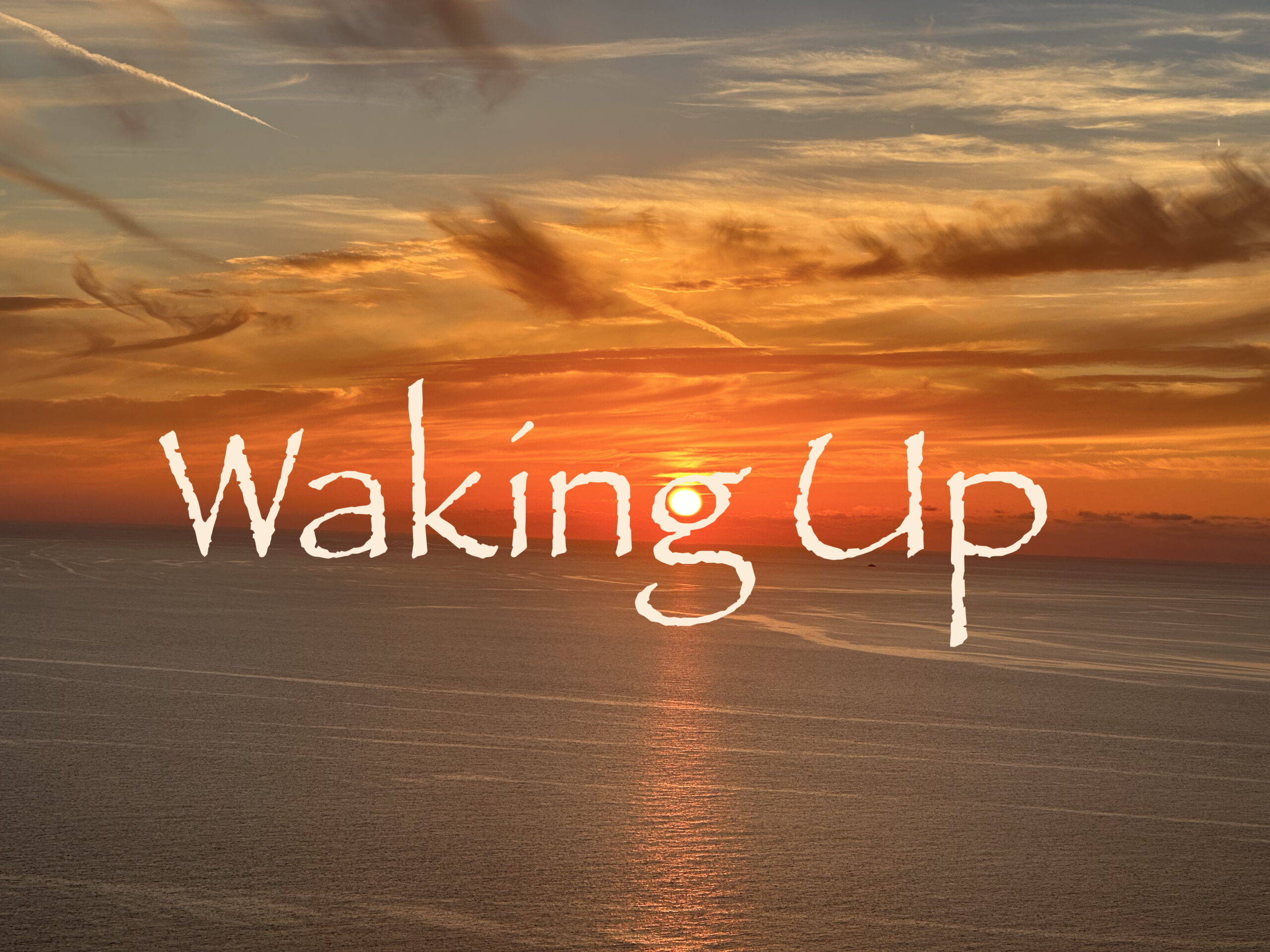From time to time, Waking Up – A Journey Towards a New Dawn for Humanity is described as a “blueprint” for a new society.
The word is meant with admiration — a recognition that the world portrayed in the story feels coherent, compelling, and deeply humane.
But the truth is simple:
It is not a blueprint.
And a future worth living in should never be based on one.
A blueprint belongs to a different era of human consciousness. —
a time when the world believed it needed strict plans, rigid structures, and predefined systems to shape the unknown.
In contrast, the future hinted at in Waking Up emerges from something much deeper than planning:
a shift in how humanity sees itself.
This article explores why the book is not a blueprint,
why the future must remain fluid,
and how a new consciousness is already transforming what humanity expects from its systems.
⸻
Blueprints Come From an Old Consciousness
A blueprint is a product of fear-driven thinking.
It reflects an assumption that people need to be controlled, guided, and managed from above — that order must be imposed rather than allowed.
Blueprints emerge from:
• distrust of human nature
• fear of mistakes
• anxiety about uncertainty
• attempts to design behavior
• systems that see people as objects to be moved through procedures
They belong to a mindset shaped by historical trauma:
a world where competition, scarcity, and survival anxiety made rigid systems feel necessary.
Much of classic dystopian fiction — 1984, Brave New World, Fahrenheit 451 — reflects this worldview.
They depicted horrifying futures engineered by fear, where humanity was controlled through rigid structure, technology, and force.
Those visions came from a consciousness that believed enforced control was the only alternative to chaos.
The world of Waking Up arises from the opposite.
⸻
A New Consciousness Is Already Emerging
Humanity is beginning to experience itself differently.
Not as isolated individuals, but as interconnected expressions of the same living whole.
This new awareness is spreading quietly, globally, and without central leadership.
People increasingly recognize that:
• humanity is one species sharing one planet
• separation is an illusion created by fear
• collaboration is natural
• harming another being ultimately harms oneself
• life thrives when approached with respect
• consciousness shapes systems, not the other way around
This shift is not theoretical.
It is already here.
And it is the soil from which a new kind of world can grow —
a world built not on fear, but on recognition.
A world where systems arise from understanding rather than enforcement.
⸻
The World of Waking Up Emerges — It Is Not Engineered
The society depicted in the novel is not designed in advance.
It is not the result of committees, diagrams, or bureaucratic planning.
It is what naturally appears when humanity awakens into unity.
Such a world emerges because:
• fear no longer governs behaviour
• empathy becomes instinctive
• trust replaces suspicion
• survival is no longer the driving force
• technology serves life instead of profit
• people feel responsible for each other
• collaboration is easier than conflict
When consciousness changes, systems reorganize themselves.
Not through command, but through coherence.
Not through rules, but through shared life supporting values.
Not through rigid structures, but through naturally evolving patterns.
A blueprint cannot produce such a world.
Awakening can.
⸻
Systems Exist — But They Are Living Systems, Not Bureaucracies
A humane future is not system-less.
Systems remain necessary for coordination, communication, and daily life.
But the nature of those systems changes profoundly.
Instead of controlling people, they support people.
Instead of restricting action, they facilitate action.
Instead of imposing order, they reflect organic order.
Instead of treating individuals like cases, files, or packages to be processed,
they treat every person as a human being — with dignity, creativity, and inherent worth.
This shift alone dismantles half of what is traditionally called “bureaucracy.”
Bureaucracy is what happens when systems lose sight of humanity.
Awakened systems never forget it.
In the old consciousness, systems protect themselves from the population.
In the new consciousness, systems help the population express its highest potential.
⸻
Why a Blueprint Would Undermine Everything
A blueprint requires:
• rigid definitions
• fixed roles
• predetermined structures
• rules enforced from above
• a central authority to uphold it
• compliance from everyone
• a future frozen on paper before it is lived
Such rigidity recreates the very consciousness the world is growing beyond.
A blueprint for an awakened world is a contradiction.
It would instantly pull humanity back into:
• hierarchy
• control
• dogma
• ideology
• conflict over interpretation
• power struggles over “the right version”
Blueprints create gatekeepers.
Awakening removes the gates.
Any attempt to “design” the awakened world would recreate the egoic mindset the story transcends.
The future cannot be diagrammed.
It must be discovered.
⸻
The Future Will Be Co-Created, Not Pre-Designed
The new world will not emerge from manuals, manifestos, or static visions.
It will emerge from consciousness.
From people who act from unity rather than fear.
From cultures that treat life as sacred rather than expendable.
From communities that choose cooperation over coercion.
From technologies that amplify awareness rather than dominate behavior.
From shared agreements that evolve as humanity evolves.
Such a world is not built —
it grows.
It is not engineered —
it unfolds.
It is not enforced —
it is emergent.
And because it is alive, it can never be captured in a blueprint.
⸻
Why Waking Up Must Remain a Vision, Not a Plan
The power of the novel lies in what it reflects, not what it prescribes.
It shows what becomes possible when humanity awakens.
It portrays a world shaped by consciousness rather than fear.
It invites readers to imagine life beyond survival and separation.
Its purpose is not to explain systems, but to illuminate the state of mind that gives rise to them.
Not to dictate, but to inspire.
Not to design, but to remind.
Not to construct the future, but to reveal what emerges when humanity becomes ready.
A blueprint belongs to the past.
Awakening belongs to the future.
And the world that follows awakening can only be lived —
never engineered.
⸻
Call To Action
To explore the vision behind this article, visit the world of Waking Up – A Journey Towards a New Dawn for Humanity and discover a future shaped by consciousness rather than control.
👉 Available HERE.
⸻

